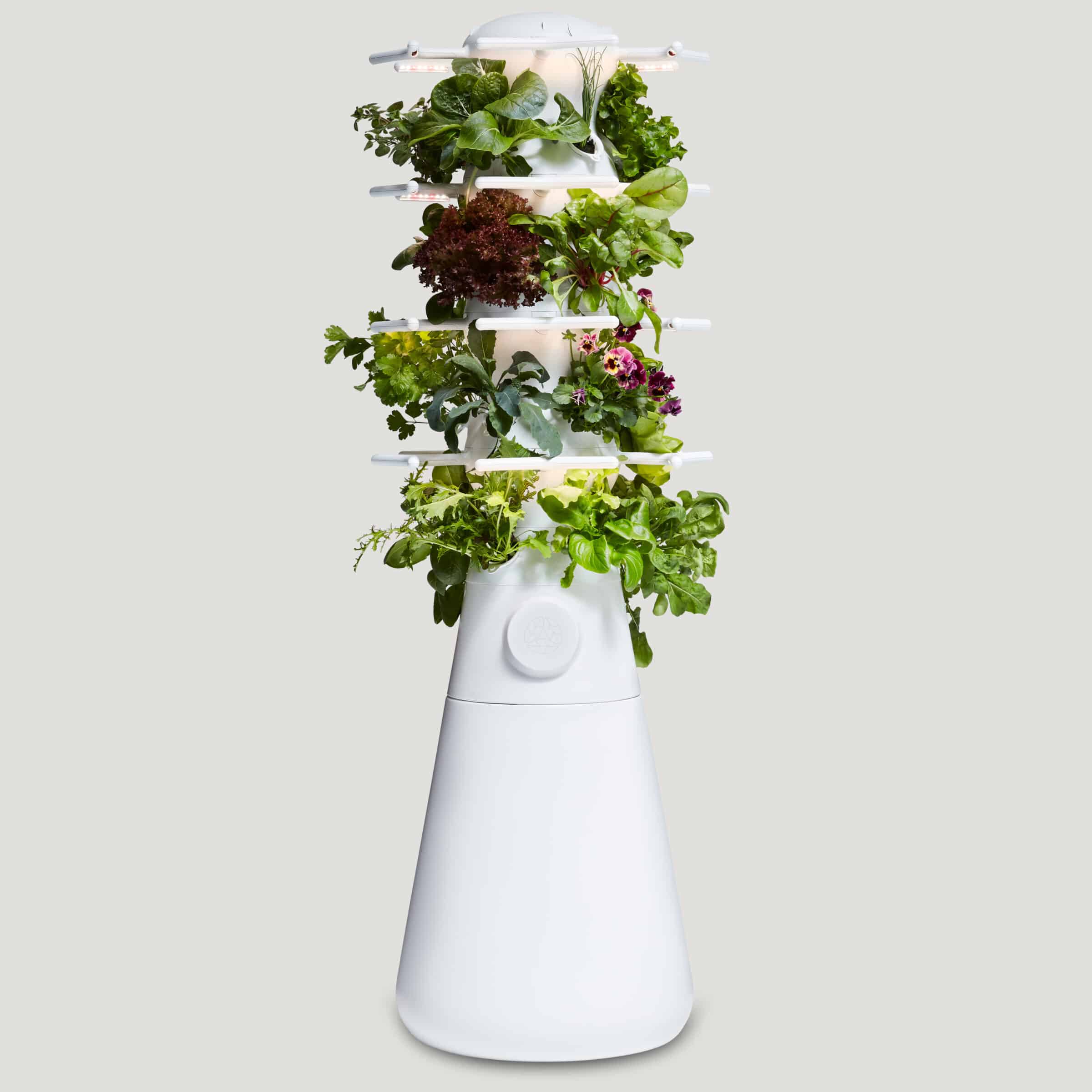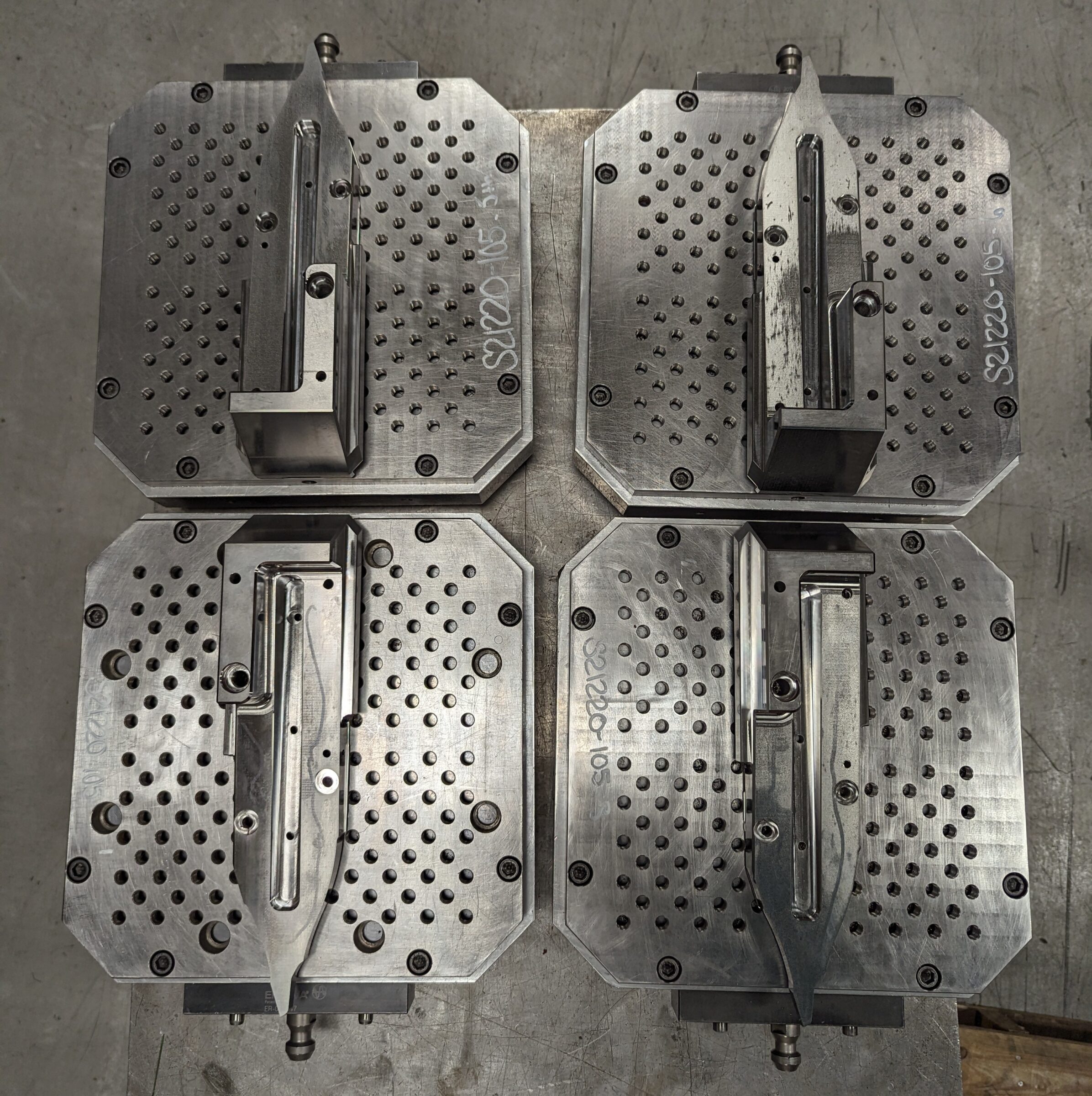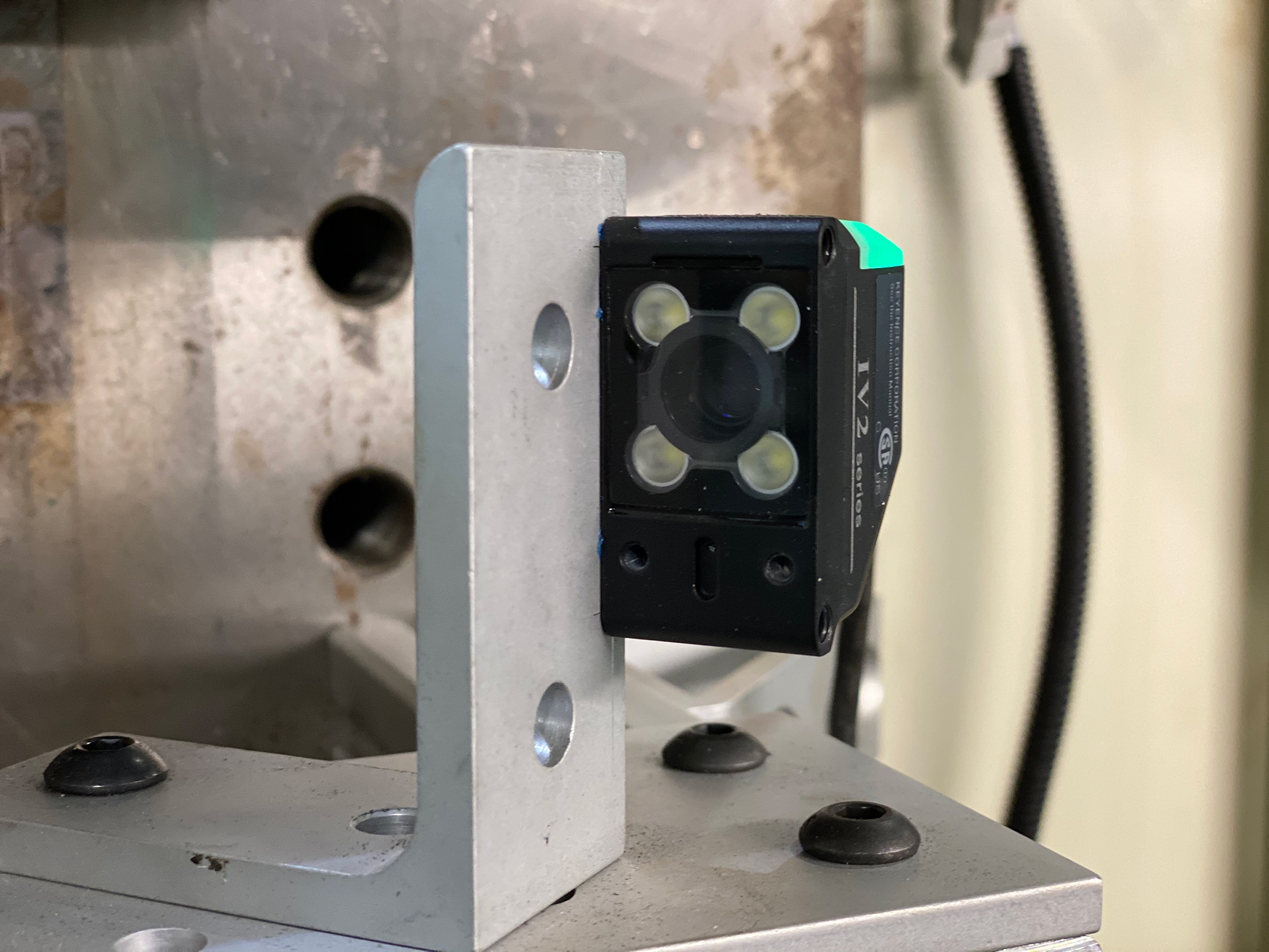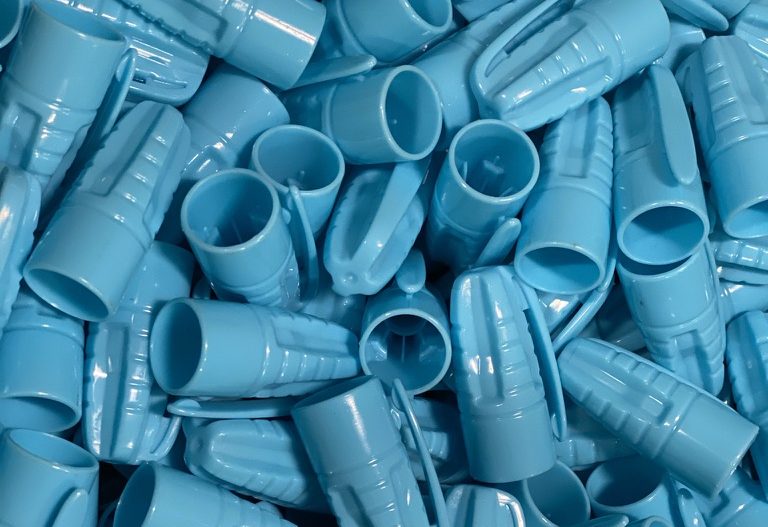Lettuce Grow’s Hydroponic Plant Stand

Case Study
Comprehensive One-Stop Solution for Lettuce Grow’s Hydroponic Plant Stand “The Nook”
Pyramid Molding Group
Rockford, IL
8/13/24
Executive Summary
Pyramid Molding Group, a domestic tool & die maker and plastic injection molder based in Rockford, IL, partnered with Lettuce Grow to develop tooling for the second generation of their innovative hydroponic plant stand. This case study outlines the key aspects of our collaboration, focusing on the technical considerations, cost management strategies, and project management approaches that contributed to the successful completion of this project from designing and manufacturing the tooling to molding and adjusting the tooling for the final parts.
Lettuce Grow, known for the Hydroponic Farmstand, aimed to create a smaller version (“The Nook”) suitable for homes and apartments. Initially slated to source tooling overseas, they ultimately chose to keep the project domestic. This decision was driven by the realization that they could remain within budget and benefit from a seamless, one-stop solution provided by Pyramid Molding Group (PMG).
Technical Considerations – Tooling
Mold Gate Types and Design Options
PMG’s in-house Engineering team carefully evaluated mold gate types and design options to ensure optimal part quality and functionality. We evaluated various gate locations for the different parts to balance flow, minimize defects, and enhance the overall aesthetics of the final product while minimizing waste. The choice of gate types was critical in achieving efficient filling and maintaining the structural integrity of the components.
Mold Flow Analysis
To further refine the mold design, we conducted fill analysis using moldex3D software on parts that incorporated a cold sprue. These analyses provided insights into the flow patterns and potential issues, allowing us to make informed adjustments to the design and ensure uniform filling and minimal warpage.
Design for Manufacturability (DFM)
Throughout the design phase, our engineering team provided valuable input based on moldability considerations. We implemented Design for Manufacturability (DFM) principles to streamline the production process. By creating detailed design concepts for all tools, we established a solid roadmap for our designers. Certain parts required a more in-depth DFM approach due to their complexity, ensuring that the designs were optimized for efficient and cost-effective manufacturing. We worked in partnership with Lettuce Grow, creating revisions to the design to gain functionality of the overall product.
Project Management
Frequent Design Reviews
Lettuce Grow was assigned a dedicated point of contact at PMG to oversee the tool build, with bi-weekly meetings scheduled to discuss updates on DFMs and part design. During the early stages of the project, frequent design reviews were conducted to discuss part changes and moldability concerns. These collaborative sessions ensured both teams were aligned on design objectives and allowed us to address potential issues proactively. The time spent upfront ultimately benefited Lettuce Grow as few engineering changes were needed after the initial tooling samples were completed.
Domestic Manufacturing Advantages
Jacob Pechenik, CEO of Lettuce Grow shared what tipped the balance in favor choosing a domestic tool maker; “We decided to keep the project in the United States to support local sourcing and strengthen community ties, aligning with our commitment to sustainability and local economies.” By choosing a domestic partner, Lettuce Grow recognized key advantages, including enhanced quality control, shorter lead times, reduced transportation costs, and a simplified supply chain. “We chose a location that strategically serves both the US and Canadian markets, ensuring efficient supply chain management and better service for our customers in these regions,” Pechenik added.
PMG played a crucial role in the development of the Nook’s packaging for Lettuce Grow. Understanding that PMG would be responsible for assembling and shipping the finished product directly to consumers, the team prioritized sustainability in their packaging design. The goal was to use the least amount of packaging material possible without compromising the safety and integrity of the product during transit. This approach not only aligned with Lettuce Grow’s commitment to sustainability but also enhanced the overall customer experience by reducing waste and ensuring the Nook arrived in mint condition.
Conclusion
The collaboration between Pyramid Molding Group and Lettuce Grow on the Nook hydroponic plant stand was a rewarding experience that showcased our technical expertise, innovative problem solving capabilities, and effective project management. The project succeeded in bringing a complex assembly to life, reflecting the strength of our partnership and the quality of our work.
We look forward to future opportunities to apply our skills and knowledge to innovative projects that push the boundaries of plastic injection molding.
Pyramid Molding Group, 5175 27th Ave., Rockford, IL 61109
Media Contact: Becca Peterson, [email protected]




